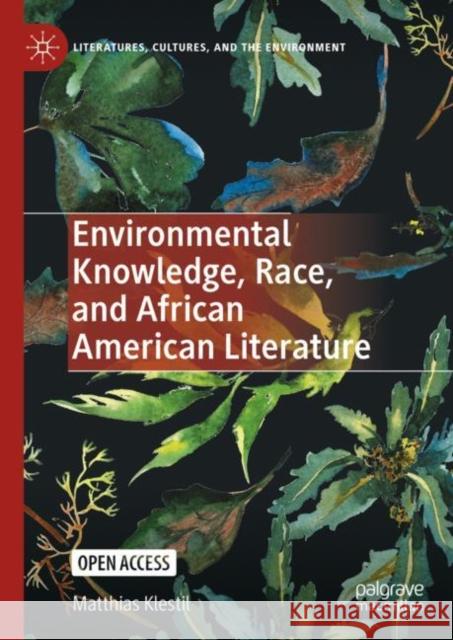Environmental Knowledge, Race, and African American Literature » książka
topmenu
Environmental Knowledge, Race, and African American Literature
ISBN-13: 9783030821012 / Angielski / Twarda / 2023
Kategorie:
Kategorie BISAC:
Wydawca:
Palgrave MacMillan
Seria wydawnicza:
Język:
Angielski
ISBN-13:
9783030821012
Rok wydania:
2023
Wydanie:
2022
Numer serii:
000418820
Oprawa:
Twarda
Wolumenów:
01
Dodatkowe informacje:
Wydanie ilustrowane











